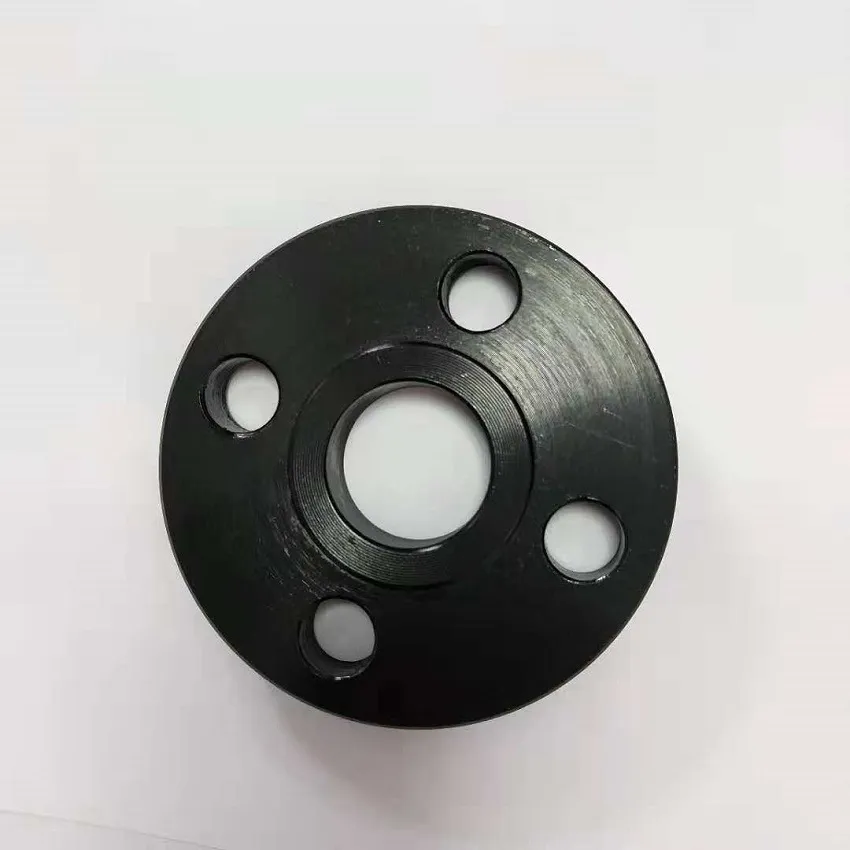-
Cangzhou Yulong Steel Co., Ltd.
-
Phone:
+86 13303177267 -
Email:
admin@ylsteelfittings.com
- English
- Arabic
- Italian
- Spanish
- Portuguese
- German
- kazakh
- Persian
- Greek
- French
- Russian
- Polish
- Thai
- Indonesian
- Vietnamese
- Zulu
- Korean
- Uzbek
- Hindi
- Serbian
- Malay
- Ukrainian
- Gujarati
- Haitian Creole
- hausa
- hawaiian
- Hebrew
- Miao
- Hungarian
- Icelandic
- igbo
- irish
- Japanese
- Javanese
- Kannada
- Khmer
- Rwandese
- Afrikaans
- Albanian
- Amharic
- Armenian
- Azerbaijani
- Basque
- Belarusian
- Bengali
- Bosnian
- Bulgarian
- Catalan
- Cebuano
- China
- China (Taiwan)
- Corsican
- Croatian
- Czech
- Danish
- Esperanto
- Estonian
- Finnish
- Frisian
- Galician
- Georgian
- Kurdish
- Kyrgyz
- Lao
- Latin
- Latvian
- Lithuanian
- Luxembourgish
- Macedonian
- Malgashi
- Malayalam
- Maltese
- Maori
- Marathi
- Mongolian
- Myanmar
- Nepali
- Norwegian
- Norwegian
- Occitan
- Pashto
- Dutch
- Punjabi
- Romanian
- Samoan
- Scottish Gaelic
- Sesotho
- Shona
- Sindhi
- Sinhala
- Slovak
- Slovenian
- Somali
- Sundanese
- Swahili
- Swedish
- Tagalog
- Tajik
- Tamil
- Tatar
- Telugu
- Turkish
- Turkmen
- Urdu
- Uighur
- Welsh
- Bantu
- Yiddish
- Yoruba

Nov . 30, 2024 01:41 Back to list
Explore the Features and Benefits of API X52 for Your Projects
The Significance of API X52 in Pipeline Construction
API X52, part of the American Petroleum Institute (API) specifications, refers to a specific grade of pipe used in the construction of pipelines, particularly in the oil and gas industry. This specification denotes that the pipe can withstand higher levels of stress and pressure, making it ideal for transporting various substances, including crude oil, natural gas, and water. Understanding API X52 and its implications in pipeline construction is critical for ensuring safety, efficiency, and compliance with industry standards.
.
One of the critical factors in the selection of API X52 pipes is their ability to withstand environmental challenges. Pipelines often traverse various terrains and can be subjected to harsh environmental conditions, from extreme temperatures to corrosive substances. The materials used in API X52 pipes are treated and tested to ensure they can withstand the rigors of the environments they will encounter. Furthermore, advances in metallurgy and engineering have allowed manufacturers to enhance the resistance of these pipes to corrosion and other forms of degradation, which significantly extends their lifespan and reduces maintenance costs.
api x52

In addition to strength and resistance to environmental factors, API X52 pipes are also designed with safety in mind. The oil and gas industry is heavily regulated, and adherence to standards specified by the API is essential for meeting safety requirements. Using API X52 pipes ensures compliance with industry regulations, which can help prevent accidents and protect both workers and the environment. Companies that utilize these pipes can have greater confidence in the reliability of their infrastructure, which is crucial in an industry where operational failures can have dire consequences.
Moreover, the economic implications of using high-quality materials like API X52 cannot be understated. While the initial investment in API X52 pipes may be higher than lower-grade alternatives, the long-term benefits in terms of reduced maintenance, increased safety, and less downtime can result in significant savings. Additionally, pipelines constructed from API X52 are more likely to meet the operational demands over their lifespan, ultimately leading to a more efficient and profitable operation.
Finally, choosing API X52 is not only about adhering to standards and ensuring performance; it's also about sustainability. By investing in high-grade materials that provide longevity and durability, companies contribute to environmental sustainability. Fewer leaks and larger operational efficiencies lead to less waste and reduced environmental impact, which is increasingly vital in a world focused on sustainability.
In conclusion, API X52 represents a crucial component in the framework of pipeline construction. Its combination of strength, durability, regulatory compliance, and economic benefits makes it a preferred choice in the oil and gas sector. As the industry continues to evolve, the reliance on high-quality materials like API X52 will remain central to achieving operational excellence and sustainability in pipeline development.
Latest news
-
ANSI 150P SS304 SO FLANGE
NewsFeb.14,2025
-
ASTM A333GR6 STEEL PIPE
NewsJan.20,2025
-
ANSI B16.5 WELDING NECK FLANGE
NewsJan.15,2026
-
ANSI B16.5 SLIP-ON FLANGE
NewsApr.19,2024
-
SABS 1123 FLANGE
NewsJan.15,2025
-
DIN86044 PLATE FLANGE
NewsApr.19,2024
-
DIN2527 BLIND FLANGE
NewsApr.12,2024
-
JIS B2311 Butt-Welding Fittings LR/SR 45°/90° /180°Seamless/Weld
NewsApr.23,2024











